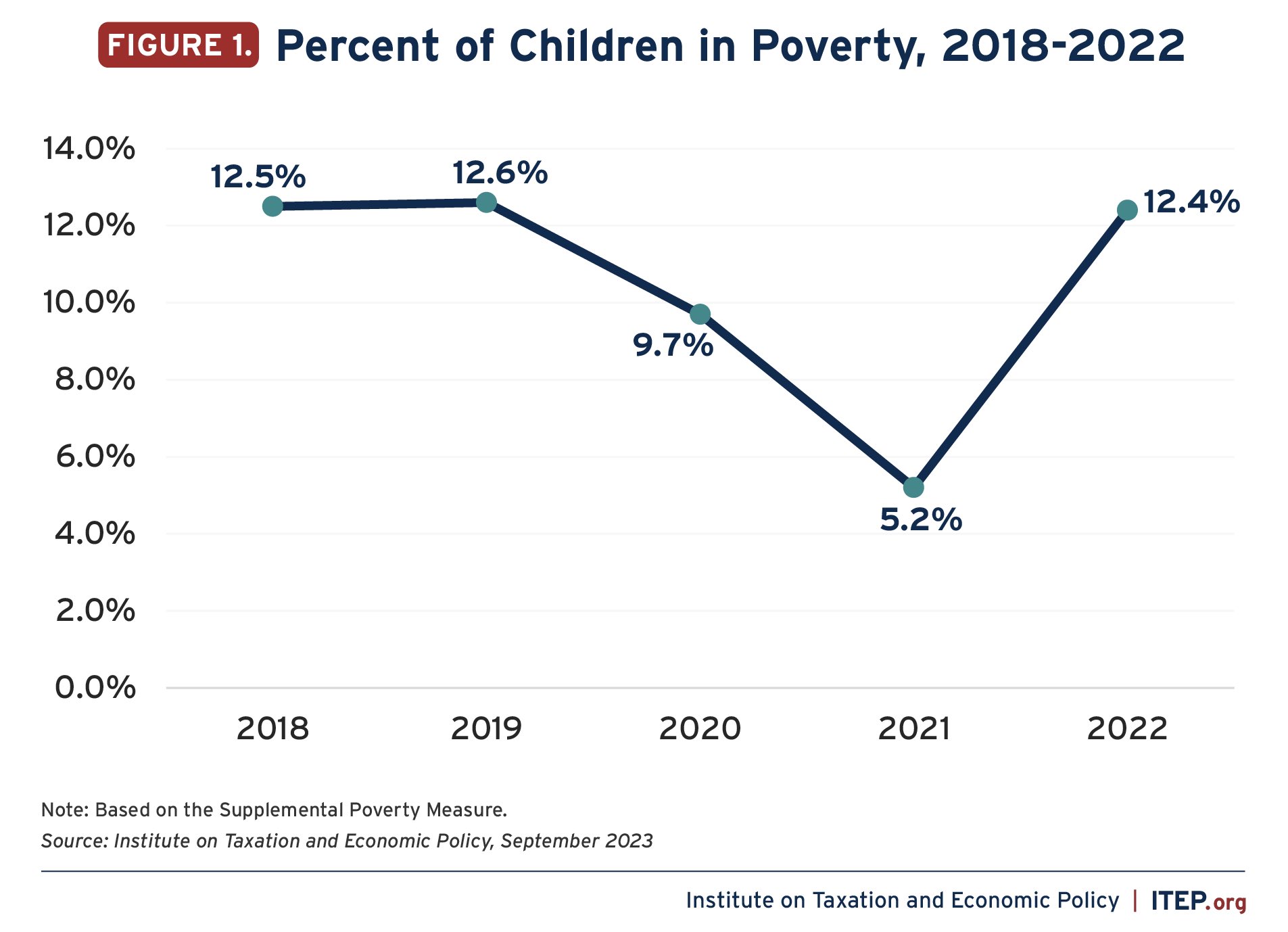acesfull86
Well-known member
https://www.ft.com/content/980cbbe2-0f5d-4330-872d-c7a9d6a97bf6
Every five to 10 years, the World Values Survey asks people in dozens of countries where they would place themselves on a scale from the zero-sum belief that “people can only get rich at the expense of others”, to the positive-sum view that “wealth can grow so there’s enough for everyone”.
The average response among those in high-income countries has become 20 per cent more zero-sum over the last century. Moreover, two distinct rises in the prevalence of zero-sum attitudes have coincided with two slowdowns in gross domestic product growth, one in the 1970s and another in the past two decades.
The same pattern holds within individual countries. Britons and Americans have become significantly more likely to believe that success is a matter of luck rather than effort precisely as income growth has slowed.
——————
Unfortunately, both major parties are firmly captured by a zero-sum mindset.
Every five to 10 years, the World Values Survey asks people in dozens of countries where they would place themselves on a scale from the zero-sum belief that “people can only get rich at the expense of others”, to the positive-sum view that “wealth can grow so there’s enough for everyone”.
The average response among those in high-income countries has become 20 per cent more zero-sum over the last century. Moreover, two distinct rises in the prevalence of zero-sum attitudes have coincided with two slowdowns in gross domestic product growth, one in the 1970s and another in the past two decades.
The same pattern holds within individual countries. Britons and Americans have become significantly more likely to believe that success is a matter of luck rather than effort precisely as income growth has slowed.
——————
Unfortunately, both major parties are firmly captured by a zero-sum mindset.

